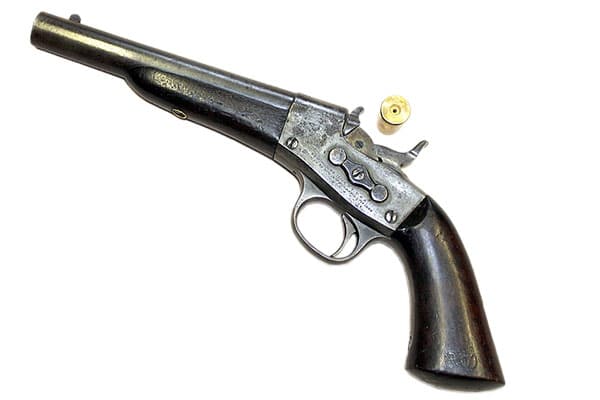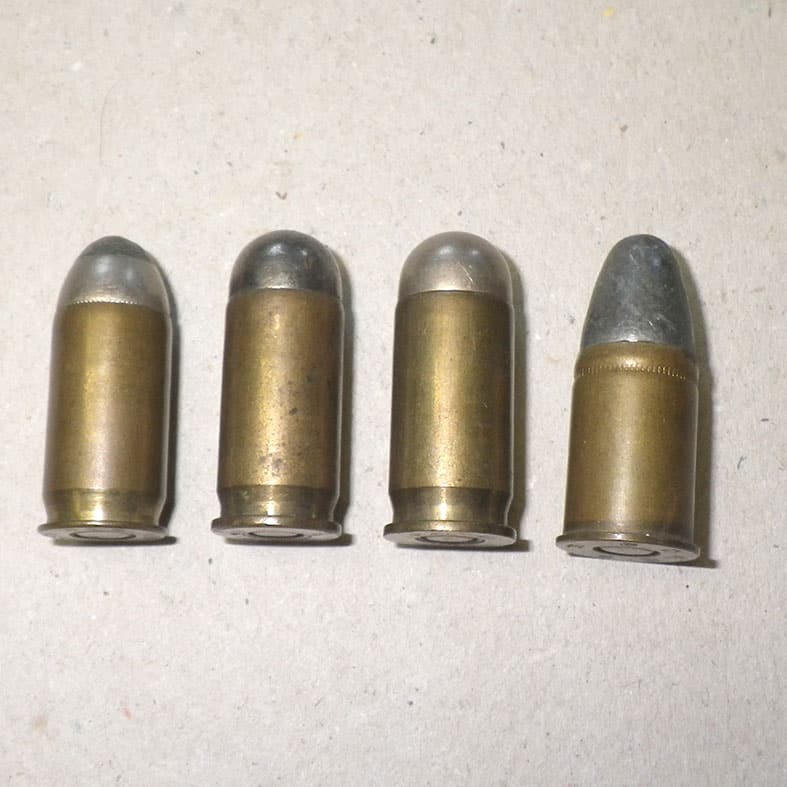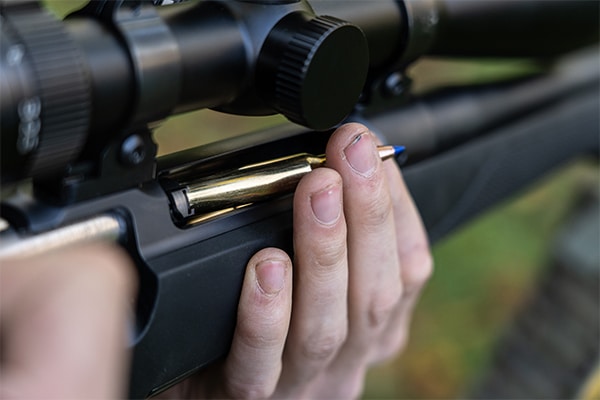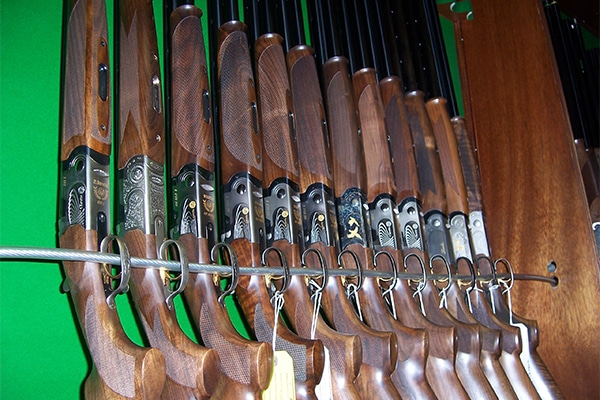
Antique and imitation firearms
Explaining the law around antique and imitation firearms, including those referred to as curiosity pieces or ornaments.
Get information on the legal shooting season for mammals and birds in the UK.
Apply for funding for your project or make a donation today
Comprehensive information and advice from our specialist firearms team.
Everything you need to know about shotgun, rifle and airgun ammunition.
Find our up-to-date information, advice and links to government resources.
Everything you need to know on firearms law and licensing.
All the latest news and advice on general licences and how they affect you.


Home » Firearms » Antique and imitation firearms » Changes to the law on antique firearms
Section 58 of the Firearms Act 1968 and the Antique Firearms Regulations 2021 set out in law which firearms can be regarded as antique, and therefore exempt from licensing.
The definition closely follows the model used previously in Home Office guidance and will therefore be familiar to collectors, dealers and museums. To be regarded as an antique, a firearm must:
Following their use in crime, seven cartridges which previously appeared in the Home Office obsolete cartridge list have been omitted from the equivalent list in the 2021 Regulations.
These cartridges are:
This means that from 22 March 2021 all firearms chambered for use with the above cartridges became subject to the controls in the 1968 Act, including licensing.
As long as a person has applied for a firearm certificate, they will remain in lawful possession of their firearm even if their application remains outstanding or is the subject of an outstanding appeal when the transition period ends.
Should a firearm meet the criteria for a historic handgun under section 7 of the Firearms (Amendment) Act 1997, the owner can apply for a certificate on this basis.
If the owner of a firearm that no longer falls within the definition of ‘antique firearm’ chooses not to licence it, they will need to otherwise dispose of it. Disposal could include selling, exporting or deactivating the firearm, donating it to a museum or surrendering it to the police.
To enable this, owners will be able to freely sell or transfer the firearm to another collector or to a museum without requiring a firearm certificate, section 5 authority or a museum firearms licence. Owners can also sell or transfer the firearm to a dealer, but only one who is registered with the police and who has a section 5 authority.
Dealers must be registered and hold a section 5 authority before they can purchase or acquire any such firearms.
Where a museum purchases or acquires such firearms, they must possess either a museum firearms licence (with the authority of the Secretary of State or Scottish Ministers to possess any which are prohibited weapons) or a firearm certificate.
Further details about the changes to the law in 2021 were set out in this HO circular.
Got a question? Email us on firearms@basc.org.uk or call 01244 573 010.
© BASC July 2023

Explaining the law around antique and imitation firearms, including those referred to as curiosity pieces or ornaments.

A broad overview of advice and guidance related to key terminology and designed to assist police firearms enquiry officers

A comprehensive guide to firearms security, including advice on travelling with guns and firearms in rented accommodation.
Sign up to our weekly newsletter and get all the latest updates straight to your inbox.
© 2025 British Association for Shooting and Conservation. Registered Office: Marford Mill, Rossett, Wrexham, LL12 0HL – Registered Society No: 28488R. BASC is a trading name of the British Association for Shooting and Conservation Limited which is authorised and regulated by the Financial Conduct Authority (FCA) under firm reference number 311937.
BASC Direct Ltd is an Introducer Appointed Representative of Agria Pet Insurance Ltd who administer the insurance and is authorised and regulated by the Financial Conduct Authority, Financial Services Register Number 496160. Agria Pet Insurance is registered and incorporated in England and Wales with registered number 04258783. Registered office: First Floor, Blue Leanie, Walton Street, Aylesbury, Buckinghamshire, HP21 7QW. Agria insurance policies are underwritten by Agria Försäkring.
If you have any questions or complaints about your BASC membership insurance cover, please email us. More information about resolving complaints can be found on the FCA website or on the EU ODR platform.